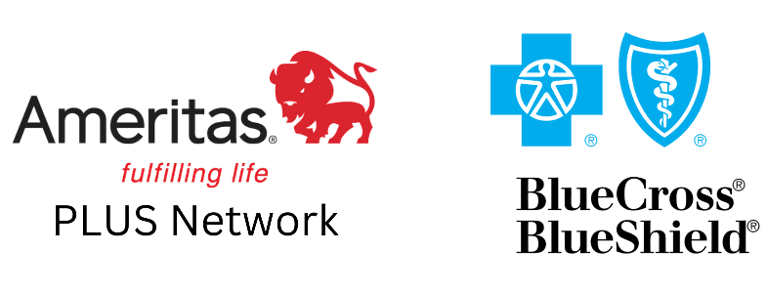
Insurance
We are preferred providers for the following insurance companies:
- Blue Cross Blue Shield
- Ameritas - PLUS Network
Insurance can be complicated. Insurance companies can have multiple participating networks, please verify with your insurance carrier that we are "in-network" with your plan. We are pleased to file an insurance claim as a courtesy to our patients. Don’t hesitate to ask if you have any questions about your coverage.
As of 12/19/2024, Southwest Nebraska Dental is Out of Network with Delta Dental.
- If you have Delta Dental OR RCI, we will collect all charges up front on the day of service. We will submit your claim for you and you will be reimbursed directly by your insurance carrier.
No insurance? No problem, check out our in house membership plan here.
Dental x-rays are an important tool for diagnosing dental problems that may not be detectable during a visual oral examination. However, some patients question the safety of these x-rays because of concerns about radiation exposure.
Radiation is measured in units called millirems, or mrems for short. According to the American Nuclear Society, we are exposed to hundreds of naturally occurring mrems from our food, our water, and our air. In fact, even owning a smoke detector or taking a trip on an airplane results in a small amount of radiation exposure.
The truth is that the amount of radiation produced by traditional film x-rays (those that use bite wings) is very minimal, about 0.5 mrems per x-ray. These numbers are significantly lower than the x-rays used in hospitals and medical offices, which can range anywhere from 10 to 600 mrems. Digital x-rays emit even lower levels – estimates range between 70-90% less than traditional x-rays. And while the technologically advanced 3-D cone beam scanner does emit higher levels of radiation than both traditional and digital x-rays, the levels are still far below the threshold for what would be considered unsafe. Furthermore, the valuable diagnostic information gained from the creation of these three-dimensional images greatly outweighs the risks.
Brushing your teeth twice daily is the single most important step you can take towards preventing tooth decay. Therefore, choosing a brush that will effectively clean not only your teeth, but also your gums and tongue, is critical
In general, electric toothbrushes, like Sonicare, provide the most thorough cleaning. This is a result of several factors. First, the oscillating motion of the head allows the bristles to reach further than those on a manual toothbrush. Second, the rapid movement of the bristles eliminates plaque quickly and easily. And because many electric toothbrushes come with built-in timers, users are more likely to brush for a longer period of time (2 minutes) than they would with a manual toothbrush (30 seconds on average). Electric toothbrushes are especially beneficial for children, who don’t always brush as thoroughly or as frequently as they should.
If the price of an electric toothbrush is beyond your reach, don’t worry. According to the American Dental Association, a high-quality, soft-bristled manual brush is still very effective at removing plaque provided you brush properly twice daily.
Make sure your dental hygiene routine includes the use of fluoridated toothpaste. Sensodyne and Biotene are good choices for patients with dry mouth.